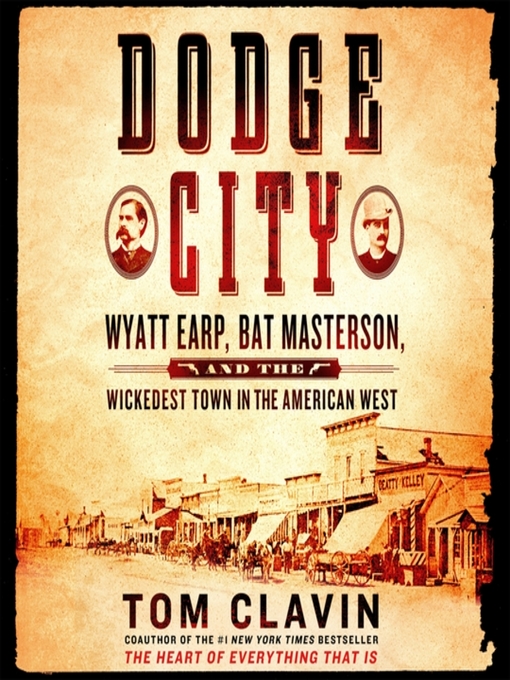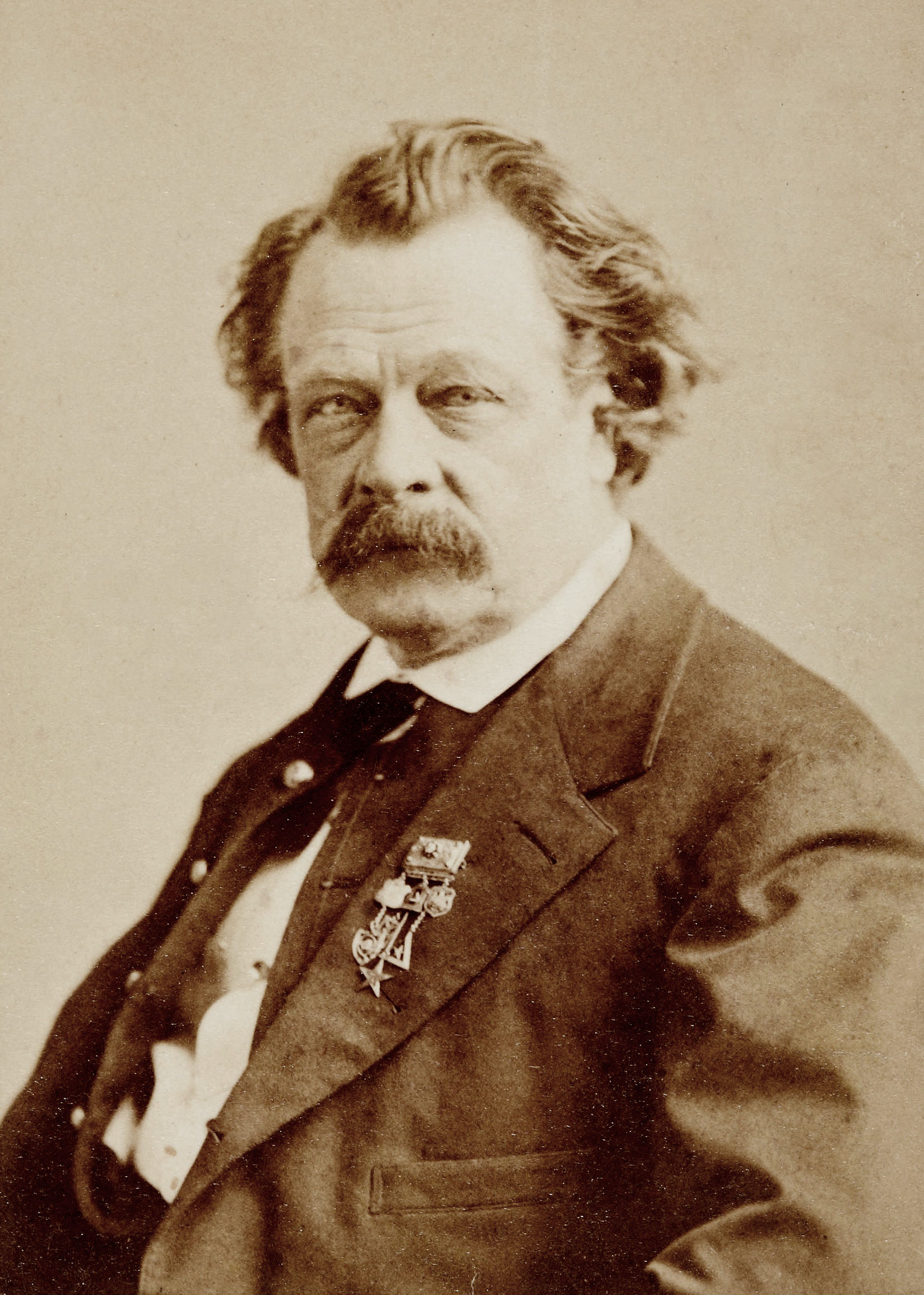Copyright 2018 by Gary L. Pullman
In Dodge City: Wyatt
Earp, Bat Masterson, and the Wickedest Town in the American West,
Tom Clavin provides an informative, intriguing, and amusing account
of law as it was practiced by two of its most famous representatives
during their jurisdiction's most lawless times.
The
humor, although unexpected, fits the occasions of its use and is
effective in fetching a smile, a chuckle, and an occasional belly
laugh.
Clavin's
humor is typically drawn from the characters and situations he
describes. Occasionally, a witticism is subject to a couple of
interpretations. For example, in writing of the outlaw Sam Bass's
family, Clavin observes, “When he was a young child, both his
parents died, perhaps from exhaustion after having ten children”
(167). Whether it was so much sex or the child rearing that followed
the brood's births depends on one's interpretation.
In
writing, earlier, of the dime novelist Edward Zane Carroll Judson,
who wrote authored 300 or more of these books under his pen name, Ned
Buntline, Clavin is at the top of his form, offering such wry remarks
as these (bold
added):
He
always referred to himself as “Colonel” because he was
photographed in Mathew Brady's studio wearing such a uniform, which
was as close to being an officer as he got (137).
He
was paid handsomely for giving lectures on temperance, often
delivering them while drunk (138).
He
had five children that he
knew about (138).
He
[Buffalo Bill Cody] met the author in Chicago and starred in a play
Buntline had written in only four hours (some
critics wondered what took so long)
. . . (138).
Clavin's
humor often results from his penchant for adding a descriptive phrase
that isn't strictly necessary, usually to the ends of his sentences,
as if they constitute an afterthought (see the bold
phrases in the examples above). In effect, the first parts of the
sentences act as the set-up, the second parts as the punchlines, or
“snappers,” as Mark Twain would have called them.
A
few other examples show that the device works well, despite
repetition, since the variety comes by way of the changing tipocs of
Clavin's wit (bold
added):
Both
[Colonel W. H. McCall and “a fellow named Wilson”] were drunk,
and they were taking turns trying to shoot a dog, seemingly
not concerned that they might also hit the yelping woman who owned
the dog (149).
Clavin's
account of the life and times of Wyatt and Bat exhibit other
techniques of humor as well.
In
one instance, the humor depends upon the reader's remembering some
intelligence about a certain Dirty Dave Rudabaugh that Clavin
delivers, as the set-up to his joke, several pages before the author
follows up with his punchline (bold
added):
He
earned the nickname naturally, by bathing infrequently and wearing
clothes that even by frontier standards were quite filthy (171).
.
. . Billy the Kid, Rudabaugh, and three others who had joined the
gang got away [from the gunfight that ensued a posse's arrival]. They
holed up in a cabin near Stinking
Springs, which had earned its name naturally, not thanks to Dirty
Dave (179).
The
gap between Clavin's set-up and punchline suggests that humor can be
delayed, if the reader or listener has a good memory for detail and
is attentive.
Occasionally,
Clavin allows the implications of his subjects' statements to effect
his humor. For example, in 1876, as deputy marshal of Dodge City,
Wyatt instituted three rules for his officers to follow, one of
which, despite its soundness, is made absurd by the self-serving
basis (bold
added):
.
. . Don't shoot to kill, because wounding a man usually disabled him
enough and he would
be worth more money that way
(134).
At least one of Clavin's humorous quips owes its effect
to a play on words (bold added):
[When president Hayes visited Dodge Cityin its heyday,
the stench of cowdung drove him back into his rfailroad car], leaving
Gnereal [William Tecumseh] Sherman and the [Kansas] governor to
soldier on as the speech continued (206).
Repeating selected quotations which are amusing in
themselves adds to Clavin's humorous presentation of facts (bold
added):
The only loaded gun was brandished by the [Dodge City
Cowboy Band] director, a man known as Professor Eastman, who used it
as a baton. When asked why a gun, eastman replied, “To kill the
first man who strikes a false note” (207).




